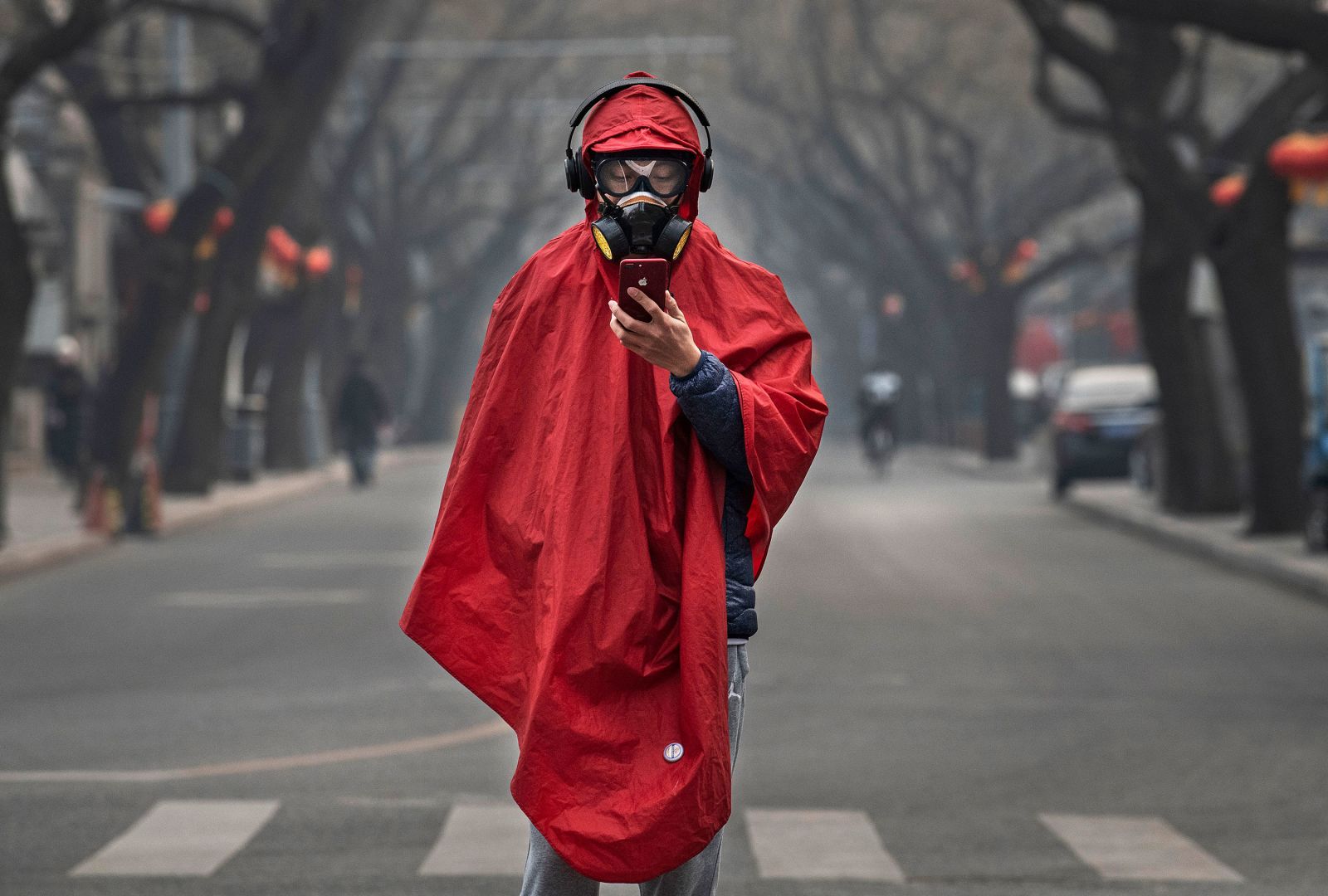
(Credit: Getty Images)
We’re just about a full week into Lent now, so let’s take a minute and take stock. In the past, we here are PubTheo have started the Lenten season with a discussion of things we might give up, in the spirit of self-denial, or things we might add to our spiritual discipline. But this year, thanks to what looks like a burgeoning global pandemic and the sermon Fr. Andy preached at St. Mary’s on Sunday, we’re going to talk a little bit about mortality.
As Andy reminded us on Sunday:
Like no other point in the life of the church, on Ash Wednesday we are brought face to face with the fact of our impending death. You are going to die. I am going to die. It is my job to point it out to you in the most stark terms: Remember that you are dust, and to dust you shall return. That’s our greeting for the day: Happy Ash Wednesday, you’re gonna die.
One could imagine someone looking in from the outside and thinking, “Wow, that’s morbid. They say, ‘Remember that you are dust and to dust you shall return,’ then they put the symbol of execution on their foreheads.” That’s worth remembering, the cross was an instrument of execution; it would be like putting somehow the symbol of the electric chair on our foreheads. One could see how someone might come away with the impression that we were a really metal death cult or something.
But that’s not what brings us to Ash Wednesday. The point of Ash Wednesday is not the mere fact of our death, it’s what the fact of our death, so plainly addressed, elicits from us, the invitation it offers. Because the fact of our death has a way of clarifying what is really most important. Those who are close to death want to finish that final project. They want to say the words that really need to be spoken, to share the love that must be understood before they depart this life. And they learn to let go of all of the things that don’t really matter. Ash Wednesday is not driving at the fact of our death, but how we are going to live, how we might reorganize our lives in light of that fact.
So let’s talk about this.
We live in a youth-obsessed culture that seemingly fights against mortality at every step and with every breath. In many ways, we have placed as many barriers as possible between ourselves and the everyday experience of death and dying. We’ve often swapped the comfort of dying at home, surrounded by loved ones, for the cold sterility of a hospital bed surrounded by beeping and blinking monitors. We have to have special instructions written for our doctors and hospitals so we don’t spend our final days hooked to machines that maintain the spark of life but without real living. When loved ones pass we no longer, as a friend puts it, “prop the coffin in the living room corner” and hold a party in their honor like a good old wake.
So do you think about your own mortality much, or ever? Why or why not? Does something like the rapid global spread of the novel coronavirus, COVID-19, bring thoughts of our own mortality closer to the surface? What about when a celebrity dies? Fr. Andy, in his sermon, argues that thinking about the fact of our death lets us clarify that which is most important in our lives. If that’s so, why don’t we do it? In short, what are we afraid of that gets in the way of constructive thinking about mortality?
We’ll talk about all of this, and likely more, in our conversation tomorrow evening, Tuesday March 3, starting at 7 pm at Homegrown Brewing Company in downtown Oxford. Join us for the discussion.